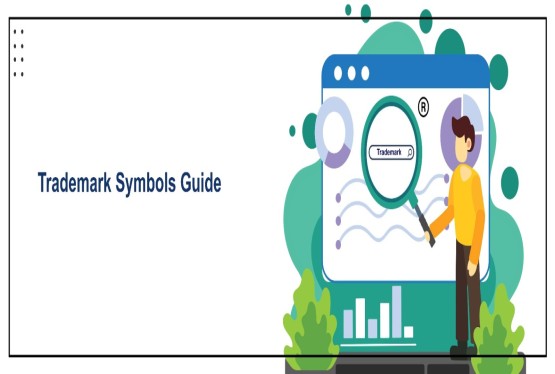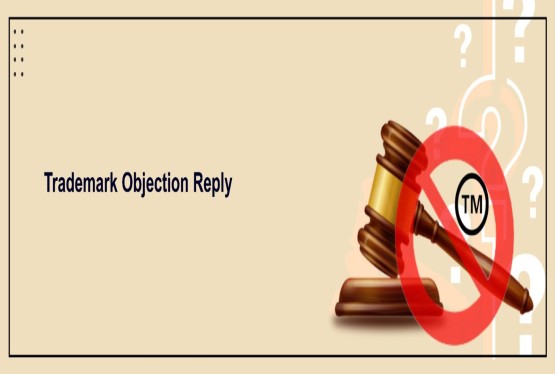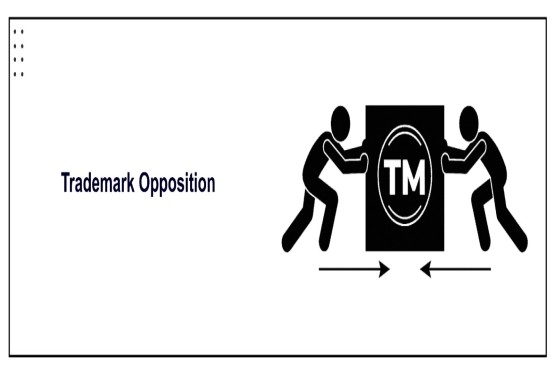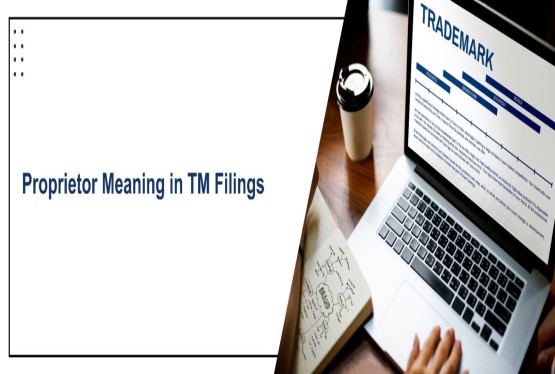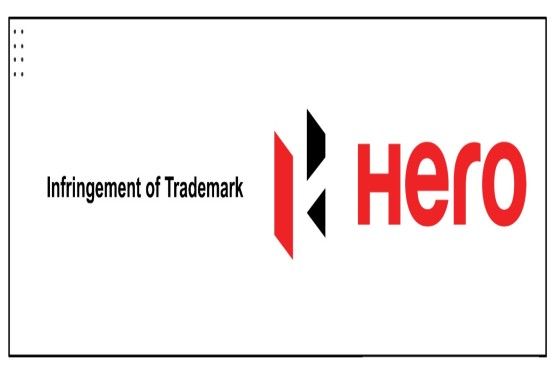The rivalry between two of India’s leading audio OTT (Over-the-Top) platforms, Pocket FM and Kuku FM, has once again spilled into the courtroom. Despite settling an earlier dispute more than two and a half years ago, the companies are now embroiled in a fresh legal confrontation over alleged copyright and trademark violations. This case not only highlights the competitive tension in India's growing audio content market but also brings key issues of intellectual property protection and market ethics to the forefront.
Background of the Dispute
Pocket FM, a major player in the Indian audio entertainment sector, has filed a civil suit in the Delhi High Court against Kuku FM, accusing it of repeated infringement of its intellectual property rights. The suit was registered on July 9, 2025, and alleges that Kuku FM copied five of Pocket FM’s original audio series, either completely or partially, including show names, formats, and content structure.
According to Pocket FM, the shows in question include:
-
Immortal Warrior (corresponds to Immortal Yoddha on Kuku FM)
-
Vashikaran
-
Insta Empire
-
And two other unnamed series
Some of these shows reportedly bear identical or strikingly similar titles and content, raising concerns of both copyright infringement and passing off of trademarks.
To read other case commentaries click here- Link
Court’s Interim Orders and Observations
During the first hearing of the case on July 11, 2025, Justice Saurabh Banerjee of the Delhi High Court issued an interim injunction restraining Kuku FM from releasing any new episodes of the five disputed audio series. The court further directed Kuku FM to submit a written response within two weeks, and the next hearing is scheduled for August 29, 2025.
The judge noted that the matter was serious enough to warrant immediate relief to prevent further damage, pending a detailed hearing.
Pocket FM’s Arguments
Representing Pocket FM, senior advocate Anil Sibal argued that this was not a case of casual or accidental copying but a deliberate and organized infringement. He claimed that Kuku FM had systematically created clones of multiple Pocket FM shows, using similar storylines, formats, and even names to mislead listeners and capitalize on Pocket FM’s popularity.
He went on to say, “It cannot be that show after show, there is a production line of clones. Clearly, there is a digital system in place to accomplish infringement on such a massive scale.”
Pocket FM also emphasized that this was not the first instance. In fact, it had earlier filed another suit in May 2025, accusing Kuku FM of pirating its hit show "Insta Millionaire." In that case, Sibal noted, the infringement was so blatant that the Kuku FM version even mistakenly carried the Pocket FM watermark ending each episode with “Aage ki kahani jaane ke liye, log in kariye Pocket FM par.”
Kuku FM’s Counterclaims
Kuku FM, on the other hand, claims that the legal action is malicious and timed deliberately to harm its image and distract investors. According to the company, this suit comes just as Kuku FM is attempting to raise Rs.600 crore (~$70 million) in a fresh funding round, reportedly led by Granite Asia.
Kuku FM also alleged that Pocket FM has been running a social media smear campaign against it. Last month, Kuku FM’s founder Lal Chand Bisu took to X (formerly Twitter) and said, “This is the standard of my competitor founders. Playing completely dirty games! They still think they can beat the competition through fake PR and paid Twitter trends.”
Past History
This is not the first legal face-off between these two companies. In 2023, a similar case ended in an out-of-court settlement, with Kuku FM agreeing to take down certain audio series for which Pocket FM held exclusive rights.
However, Pocket FM claims that Kuku FM has since resumed the practice of copying, indicating a pattern of repeated violations. This background may now strengthen Pocket FM’s case, as repeat infringements tend to attract harsher judicial scrutiny.
Parallel Troubles
While Pocket FM is taking legal action in India, the company is also facing legal heat in the United States. As per a report by Inc42 in May 2025, Pocket FM is battling multiple lawsuits filed by 11 “independent contractors.” The allegations include:
-
Violation of U.S. labor laws
-
Improper worker classification (contractors vs. employees)
-
Wage and hour violations
-
Poor working conditions
These cases could have reputational consequences globally, especially as Pocket FM seeks to expand into international markets and raise fresh capital.
Legal Concepts at the Core of the Dispute
To understand this case better, it’s important to grasp some core legal concepts:
Copyright Infringement
This refers to the unauthorized use of original creative content, such as stories, scripts, or audio productions. Infringement can be direct (copying exact material) or substantial (copying core elements and structure).
Trademark Infringement
This occurs when a company uses a brand name, title, or identifier that is similar to or confusingly close to another brand’s registered or unregistered trademark Infringement.
Injunction
A temporary or permanent court order to stop a party from taking certain actions, such as releasing new episodes of a disputed show.
Passing Off
This is a common law tort used to enforce unregistered trademark rights. It protects the goodwill associated with a product or service by preventing others from misrepresenting their goods as those of another.
The Business Angle: Competition, Funding & Market Dynamics
The Indian audio content industry is highly competitive, with platforms like Pocket FM and Kuku FM aggressively fighting for market share, funding, and users. Lawsuits like this can affect:
-
Investor confidence
-
Brand reputation
-
User trust
-
Platform growth
For Kuku FM, legal disputes could delay its ongoing funding round, while for Pocket FM, repeated suits may show seriousness in IP enforcement or be perceived as predatory business practices, depending on perspective.
Legal Showdown with Broader Implications
The legal battle between Pocket FM and Kuku FM is more than just a copyright fight it reflects the growing pains of a rapidly evolving digital content ecosystem in India. As audio streaming platforms continue to flourish, so will legal disputes over content ownership, brand rights, and market ethics.
The Delhi High Court’s final decision expected after the August 29 hearing may set a critical precedent for how India’s courts will handle copyright and trademark issues in the digital media space, especially involving OTT platforms.
Certainly! Below is a FAQ (Frequently Asked Questions) section based on the Pocket FM vs Kuku FM case. These questions focus on additional legal, technical, and strategic aspects that were not fully covered in the article but are relevant for a deeper understanding of the situation.
FAQ
Q1. What is the difference between copyright infringement and idea theft?
Ans. Copyright law protects the expression of an idea, not the idea itself. If Kuku FM merely used a similar concept or theme but created original content, it might not be considered infringement. However, if it copied dialogues, storyline structures, names, or narration styles, it becomes a copyright violation. Courts usually look at whether a substantial and identifiable portion of the original work has been duplicated.
Q2. Can titles of shows be protected under copyright law?
Ans. Generally, titles alone are not protected by copyright unless they are trademarked or part of a series that has gained distinctiveness. However, if the title has acquired commercial identity (e.g., “Insta Millionaire”), it may qualify for trademark protection or be protected through the doctrine of passing off.
Q3. What is the doctrine of “substantial similarity” in IP cases?
Ans. “Substantial similarity” is a test courts use to decide if an average observer would recognize similar elements between two works. It doesn’t require exact copying even partial duplication of tone, structure, and characters may be considered infringing if they are too close to the original.
Q4. How are digital platforms like Pocket FM or Kuku FM monitored for IP violations?
Ans. Digital platforms can use content management systems, automated copyright tracking tools, or even manual reviews to ensure originality. However, monitoring is challenging when platforms rely on freelancers, regional creators, or bulk uploads, increasing the risk of inadvertent duplication or third-party copying.
Q5. What could be the legal consequences if Kuku FM is found guilty of infringement?
Ans. If the court finds Kuku FM guilty, it could:
-
Order permanent removal of the disputed content
-
Award monetary damages (here, Pocket FM is asking for Rs.85.7 crore)
-
Grant a permanent injunction on future use of similar titles
-
Possibly require a public apology or clarification
In repeated infringement cases, courts may also impose punitive damages.
Q6. What is an “interim injunction,” and how long does it last?
Ans. An interim injunction is a temporary court order that restrains a party from taking certain actions (like publishing content) until the court fully hears the matter. It is granted when:
-
There is a prima facie case
-
There’s a risk of irreparable harm
-
The balance of convenience favors the applicant
It lasts until the next hearing or until the court passes a final judgment.
Q7. How does this lawsuit affect the larger digital content ecosystem in India?
Ans. This case sets a strong example for the growing audio and content creator economy in India. It signals that:
-
Content originality is now a serious legal issue
-
Startups must protect their IPs proactively
-
Due diligence is essential before publishing or distributing third-party content
It may lead to stricter IP policies, platform-level copyright filters, and more legal vetting in content production.
Q8. Can lawsuits like this impact startup valuations or funding prospects?
Ans. Absolutely. Ongoing lawsuits can:
-
Delay or cancel funding rounds
-
Trigger investor caution or due diligence
-
Impact the brand’s reputation
-
Lead to decline in user trust or app uninstalls
Startups in early to growth stages often rely on investor trust, and IP lawsuits are seen as legal and financial risks.
Q9. Does the involvement of freelancers and contractors complicate IP ownership?
Ans. Yes. If audio shows are created by freelancers or third-party studios, the platform must ensure that it has clear legal rights and written agreements transferring the IP. If not, the company may be vulnerable to claims, or it may inadvertently publish content not legally owned.
Q10. What steps can audio platforms take to avoid future legal issues?
Ans. To avoid such disputes, companies should:
-
Sign proper IP assignment agreements with creators
-
Maintain internal copyright vetting teams
-
Use digital watermarking or timestamping to prove originality
-
Regularly train teams on IP law compliance
-
Consider registering popular show names as trademarks
-
Build a robust dispute resolution mechanism






























_(b)_of_the_Trademark_Act,_1999_(1)_crop10_thumb.jpg)



_crop10_thumb.jpg)




























_crop10_thumb.jpg)
_crop10_thumb.jpg)






_crop10_thumb.jpg)








_crop10_thumb.jpg)



_crop10_thumb.jpg)





























_crop10_thumb.jpg)

















_crop10_thumb.jpg)






_crop10_thumb.jpg)












































































































































_crop10_thumb.jpg)




































_crop10_thumb.jpg)












_crop10_thumb.jpg)















































_crop10_thumb.jpg)



































































































